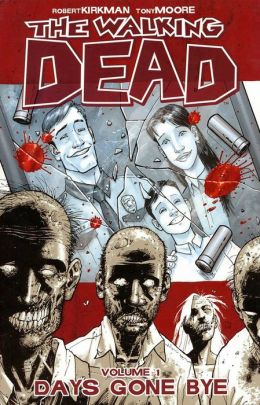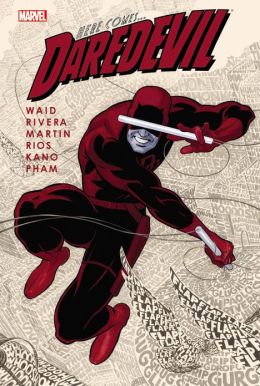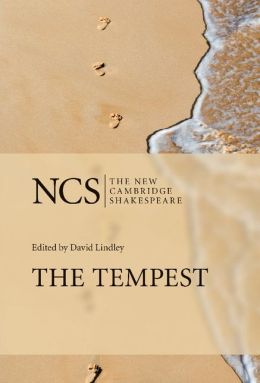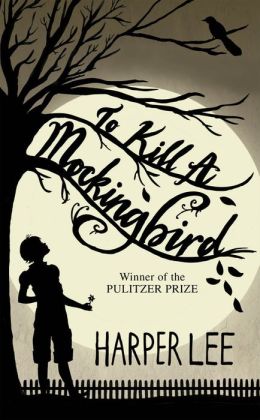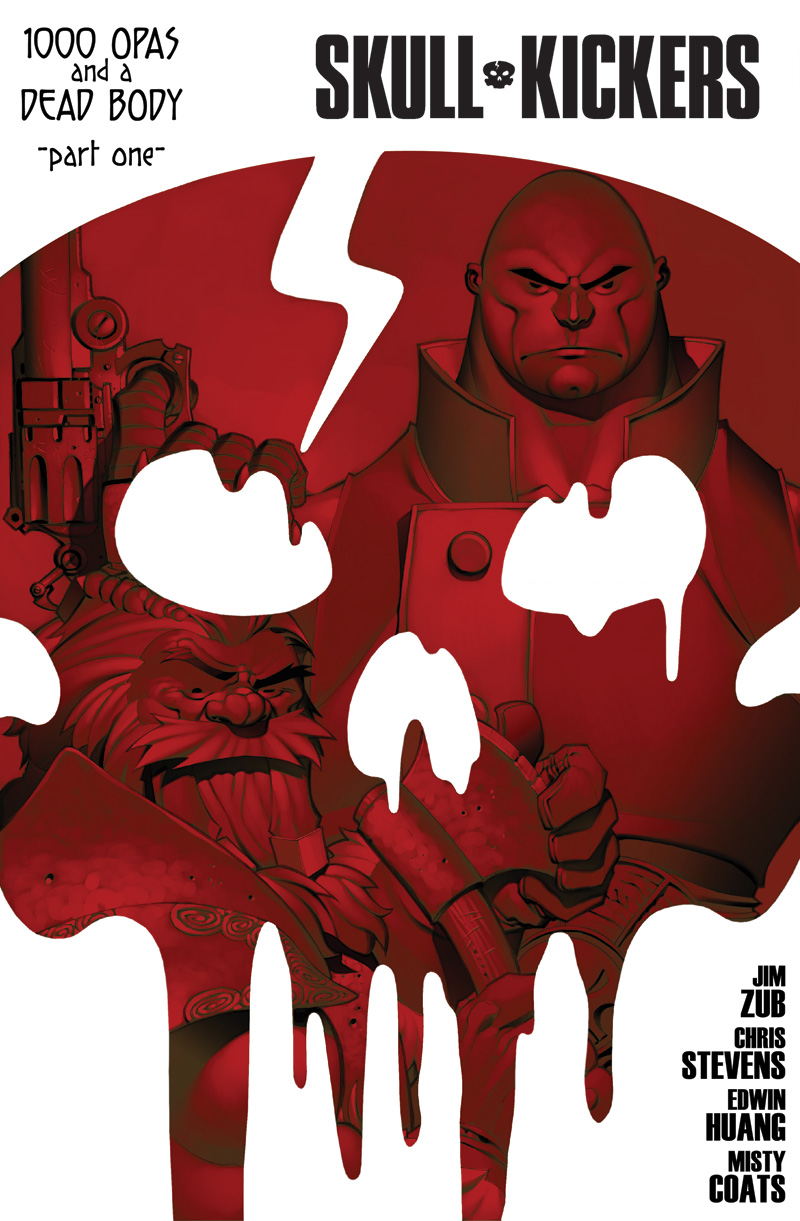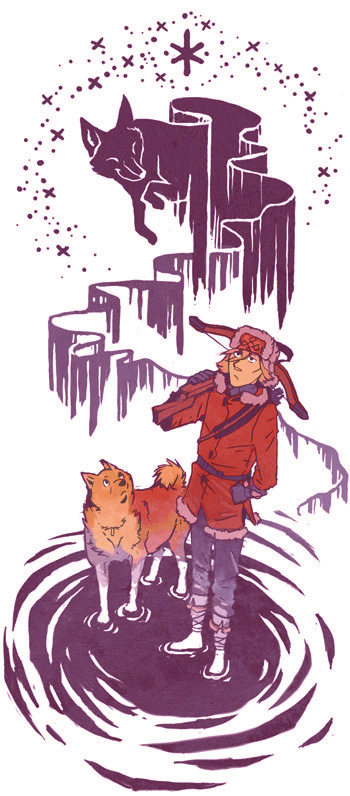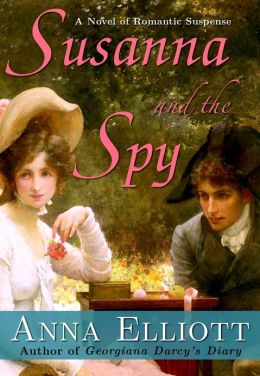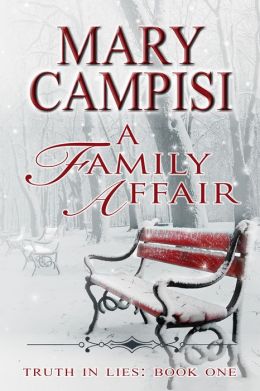 |
| Image courtesy of DC Comics |
Mark Millar
Dave Johnson
Et. al.
2003
The Summary
In this unique twist on the Superman mythos, Superman lands on a Soviet collective farm in Ukraine rather than a rural farm in small-town Kansas - and his story develops very differently.
Raised to support and defend the socialist ideas of the Soviet Union, Superman "fights a never-ending battle for Stalin, socialism, and the international expansion of the Warsaw Pact." His superpowers, however, make a very different impression on the world as he tries so hard to do the right thing - and Lex Luthor becomes a very different villain.
The Good
Filled with the usual intricacies of the "Superman story," Red Son is a complex and enjoyable graphic novel that's sure to please. It has an exceptional plot - and twists and turns in the DC Universe that are sure to leave you surprised and craving for more (see Batman's Russian counterpart to know what I mean) - and excellent characters.
The exceptional art in this comic also makes it worthwhile to read. Illustrating all the details its narrator cannot explain, or aspects character dialogue cannot illuminate, the graphic component of this novel enhances its qualities and makes it more enjoyable.
In particular, being able to see the progression of time on many characters and view the scenes a reader may not immediately see in their mind's eye, helps this novel pack a real punch.
As an aside, I found the narrator of Red Son equally appealing. Actually having Superman narrate his own story - explain his motives even as he serves Stalin, lay bare his personal thoughts and feelings, question his own judgment or enforce it - offers this comic a uniquely "human" voice that's sure to catch your attention.
The Bad
Admittedly, the conclusion of Red Son was slightly dissatisfying. It hypothesizes a unique and, subsequently, clever idea concerning Superman's end as well as his origin; however, it also makes the novel seem like one long, infinite loop, never truly having a satisfying - and definite - conclusion.
The Ugly
Consider this in Red Son: Superman is completely bent on preserving the planet and keeping humankind safe, so much so that he's possibly willing to sacrifice free will and human thought to accomplish his goals.
And: Lex Luthor cuts a very different figure in society - and he may not be the villain Superman accuses him of being.
Clashing ideologies and personal vendettas create a confusing and, frequently, ugly mess that appears to result in personal tragedy, war, and death. To put it simply, the characters you know and love from the DC Universe may not make it to the final page.
